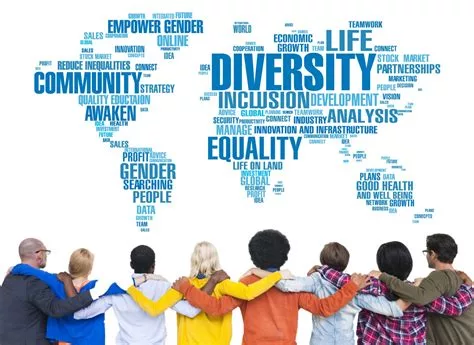
This is being driven by a growing recognition of the industry’s potential to address a number of social issues, as well as by consumer demand for products and services from companies that are committed to ethical and sustainable practices.
Here are some of the ways in which the hemp industry is working to address social responsibility:
* Promoting diversity, equity, and inclusion:
The hemp industry has a long history of being associated with marginalized communities. As the industry has grown, there has been a growing effort to ensure that it is inclusive and that it provides opportunities for people from all backgrounds. This includes hiring and promoting people from diverse backgrounds, supporting minority-owned businesses, and working to address the legacy of cannabis prohibition, which disproportionately harmed communities of color.
* Ensuring fair labor practices:
The hemp industry is committed to ensuring that its workers are treated fairly and that they are paid a living wage. This includes providing workers with safe working conditions, offering benefits, and respecting their right to unionize.
* Minimizing environmental impact:
The hemp industry is committed to minimizing its environmental impact. This includes using sustainable farming practices, reducing water and energy consumption, and using eco-friendly packaging.
* Supporting communities:
The hemp industry is committed to supporting the communities in which it operates. This includes donating to local charities, providing educational resources, and creating jobs.
* Advocating for social justice:
The hemp industry is committed to advocating for social justice. This includes supporting legislation that would reform the criminal justice system, promote racial equity, and protect the environment.
In addition to these specific initiatives, many hemp companies are also adopting more general corporate social responsibility (CSR) practices. These practices can include things like developing a sustainability policy, conducting a social impact assessment, and implementing an ethics and compliance program.
By taking these steps, the hemp industry is demonstrating its commitment to social responsibility and is helping to create a more sustainable and equitable future for all.
#hemp #hempindustry #socialresponsibility #fairness #sustainability #ethics #compliance #socialjustice #legal #environment #communities









